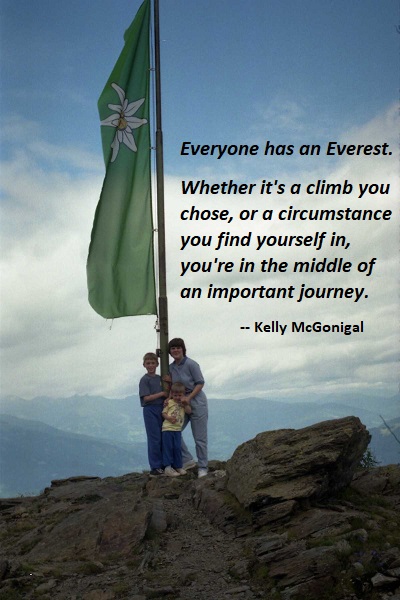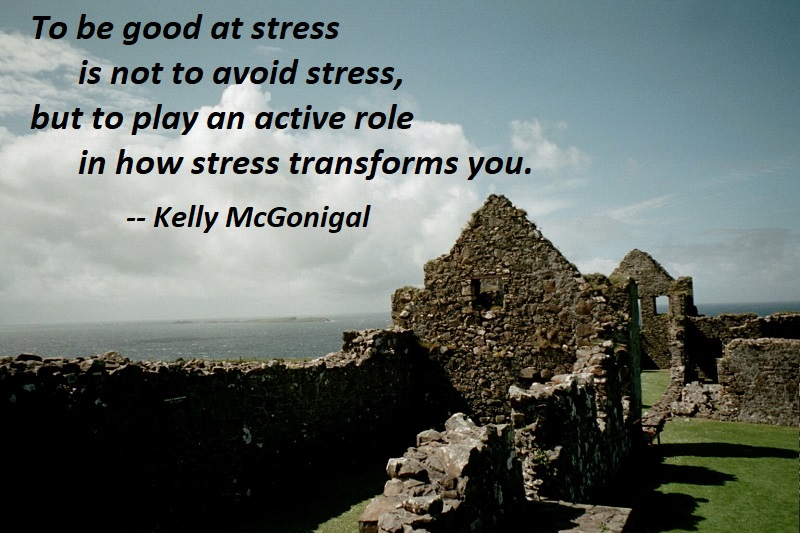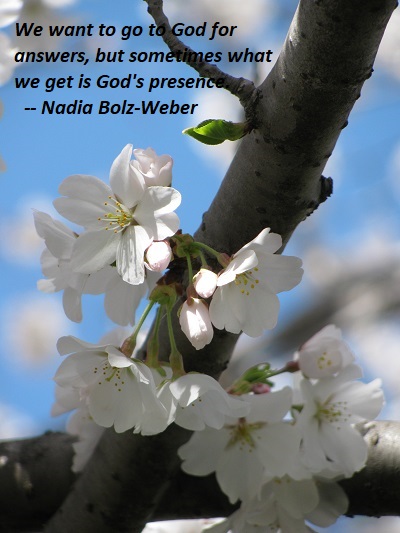
Everyone has an Everest. Whether it’s a climb you chose, or a circumstance you find yourself in, you’re in the middle of an important journey. Can you imagine a climber scaling the wall of ice at Everest’s Lhotse Face and saying, “This is such a hassle”? Or spending the first night in the mountain’s “death zone” and thinking, “I don’t need this stress”? The climber knows the context of his stress. It has personal meaning to him; he has chosen it. You are most liable to feel like a victim of the stress in your life when you forget the context the stress is unfolding in. “Just another cold, dark night on the side of Everest” is a way to remember the paradox of stress. The most meaningful challenges in your life will come with a few dark nights.
The biggest problem with trying to avoid stress is how it changes the way we view our lives, and ourselves. Anything in life that causes stress starts to look like a problem. If you experience stress at work, you think there’s something wrong with your job. If you experience stress in your marriage, you think there’s something wrong with your relationship. If you experience stress as a parent, you think there’s something wrong with your parenting (or your kids). If trying to make a change is stressful, you think there’s something wrong with your goal.
When you think life should be less stressful, feeling stressed can also seem like a sign that you are inadequate: If you were strong enough, smart enough, or good enough, then you wouldn’t be stressed. Stress becomes a sign of personal failure rather than evidence that you are human. This kind of thinking explains, in part, why viewing stress as harmful increases the risk of depression. When you’re in this mindset, you’re more likely to feel overwhelmed and hopeless.
Choosing to see the connection between stress and meaning can free you from the nagging sense that there is something wrong with your life or that you are inadequate to the challenges you face. Even if not every frustrating moment feels full of purpose, stress and meaning are inextricably connected in the larger context of your life. When you take this view, life doesn’t become less stressful, but it can become more meaningful.
Kelly McGonigal, The Upside of Stress, p. 86-87
[Photo: Berg Goldeck, above Spittal an der Drau, Austria, July 29, 1998]


